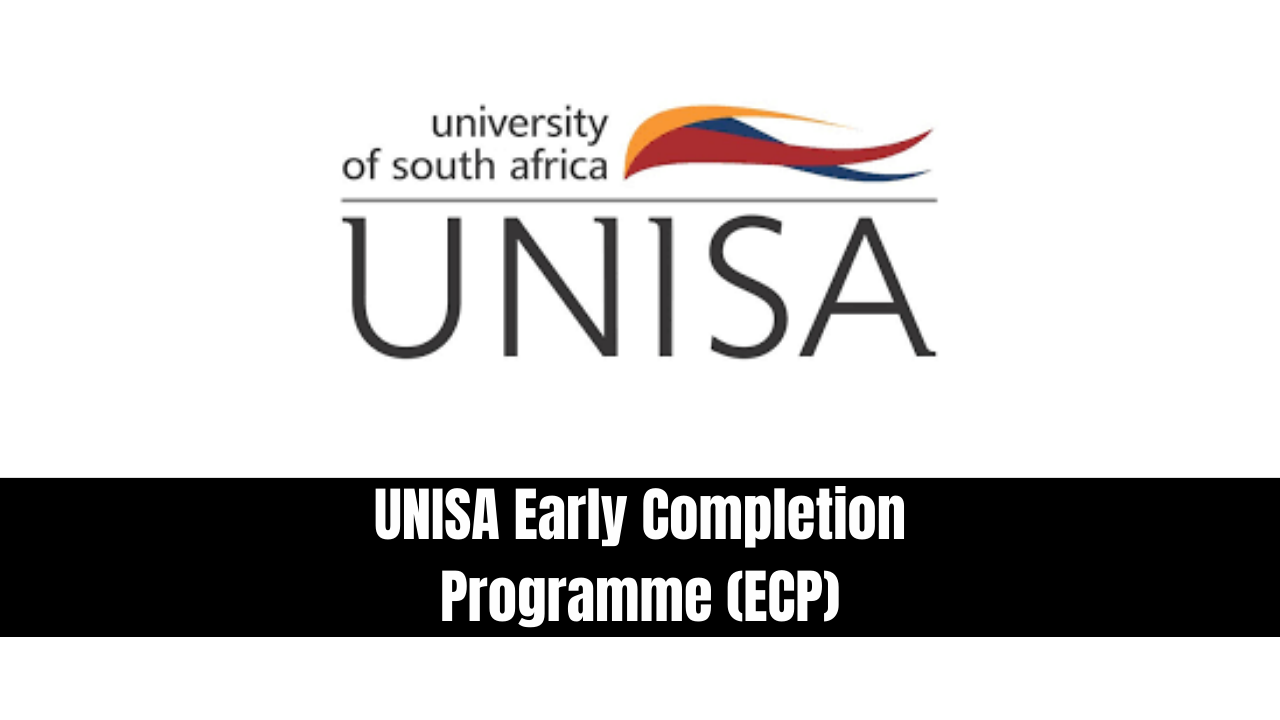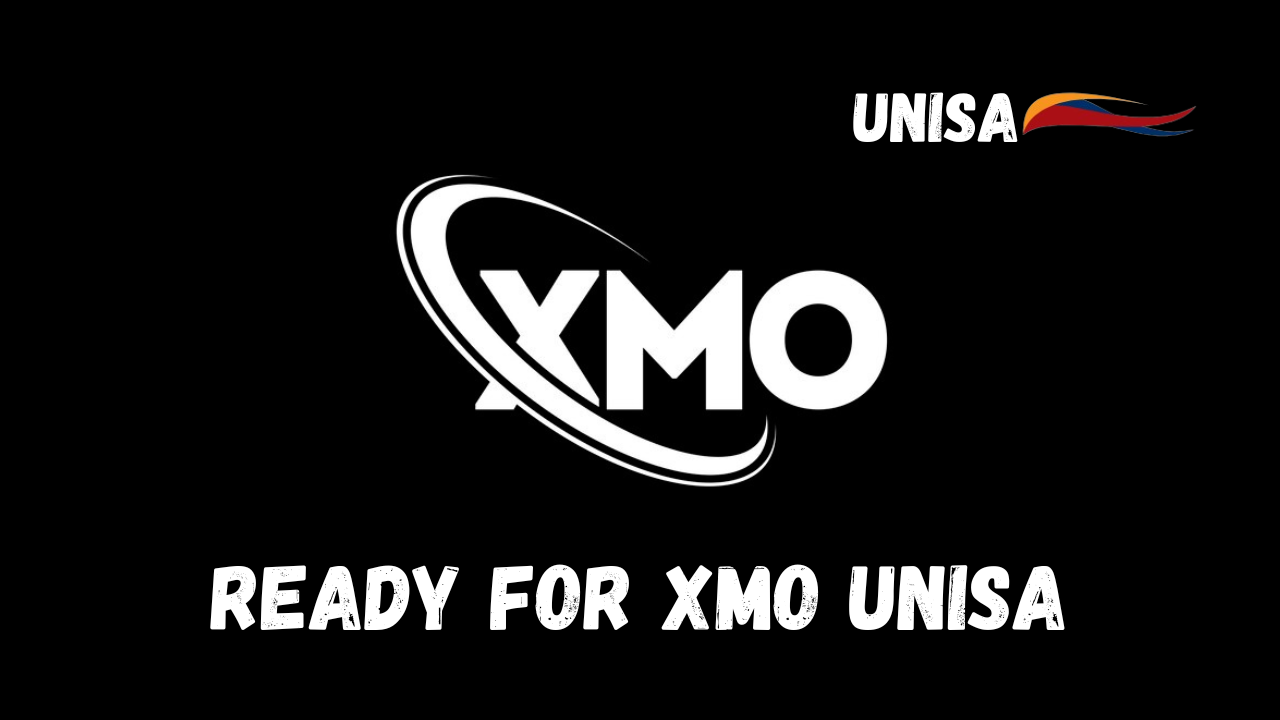What are The Advantages and Disadvantages of MOOC Test? Massive Open Online Courses (MOOCs) have revolutionized the educational landscape, offering learners from all over the globe the opportunity to access diverse learning materials at little to no cost. In this comprehensive guide, we will delve into the advantages and disadvantages of MOOCs, examining how they are reshaping the educational experience and what challenges they present.
Advantages of MOOCs
1. Accessibility and Inclusivity One of the most significant benefits of MOOCs is their ability to break geographical and financial barriers. Anyone with an internet connection can access courses from top universities worldwide, enabling people who may not have the financial means or the ability to relocate to benefit from high-quality education.
2. Cost-Effectiveness Unlike traditional education systems, which often involve high tuition fees, MOOCs are usually free or available at a minimal cost. This affordability opens doors for continuous learning without the burden of student debt or significant financial investment.
3. Flexibility in Learning MOOCs offer unparalleled flexibility. Learners can access course materials at any time and from anywhere, making it easier to balance studies with work and personal commitments. This self-paced learning environment allows individuals to learn at their own speed and on their own schedule.
Disadvantages of MOOCs
1. Limited Personal Interaction One of the significant drawbacks of MOOCs is the lack of personal interaction. Traditional classroom settings offer direct contact with instructors and peers, which can enhance understanding through discussion and debate. In contrast, MOOCs often rely on automated assessments and forum-based discussions, which might not provide the same level of engagement or immediate feedback.
2. High Dropout Rates The flexibility of MOOCs can also be a double-edged sword. With no strict schedules or accountability measures in place, many learners may start courses but fail to complete them. The self-directed nature of learning in MOOCs requires high levels of motivation and self-discipline, which can be a significant hurdle for many students.
3. Accreditation and Recognition Concerns While some MOOCs offer certificates of completion, the accreditation of these courses is often unclear. This lack of formal recognition can be problematic for those who need to demonstrate their learning for career advancement or academic purposes. Employers and academic institutions may not always recognize MOOC coursework, limiting its value in some professional contexts.
READ ALSO
- Unisa Online Application 2025-2026
- UNISA Application Status Check
- 1 Year Diploma Courses at UNISA
- UNISA Application Fee Banking Details
Conclusion
MOOCs are an innovative and transformative force in the field of education, offering numerous benefits such as accessibility, cost-effectiveness, and flexibility. However, they also present challenges like limited interaction, high dropout rates, and issues with accreditation. As the educational landscape continues to evolve, it will be crucial to address these challenges to fully






